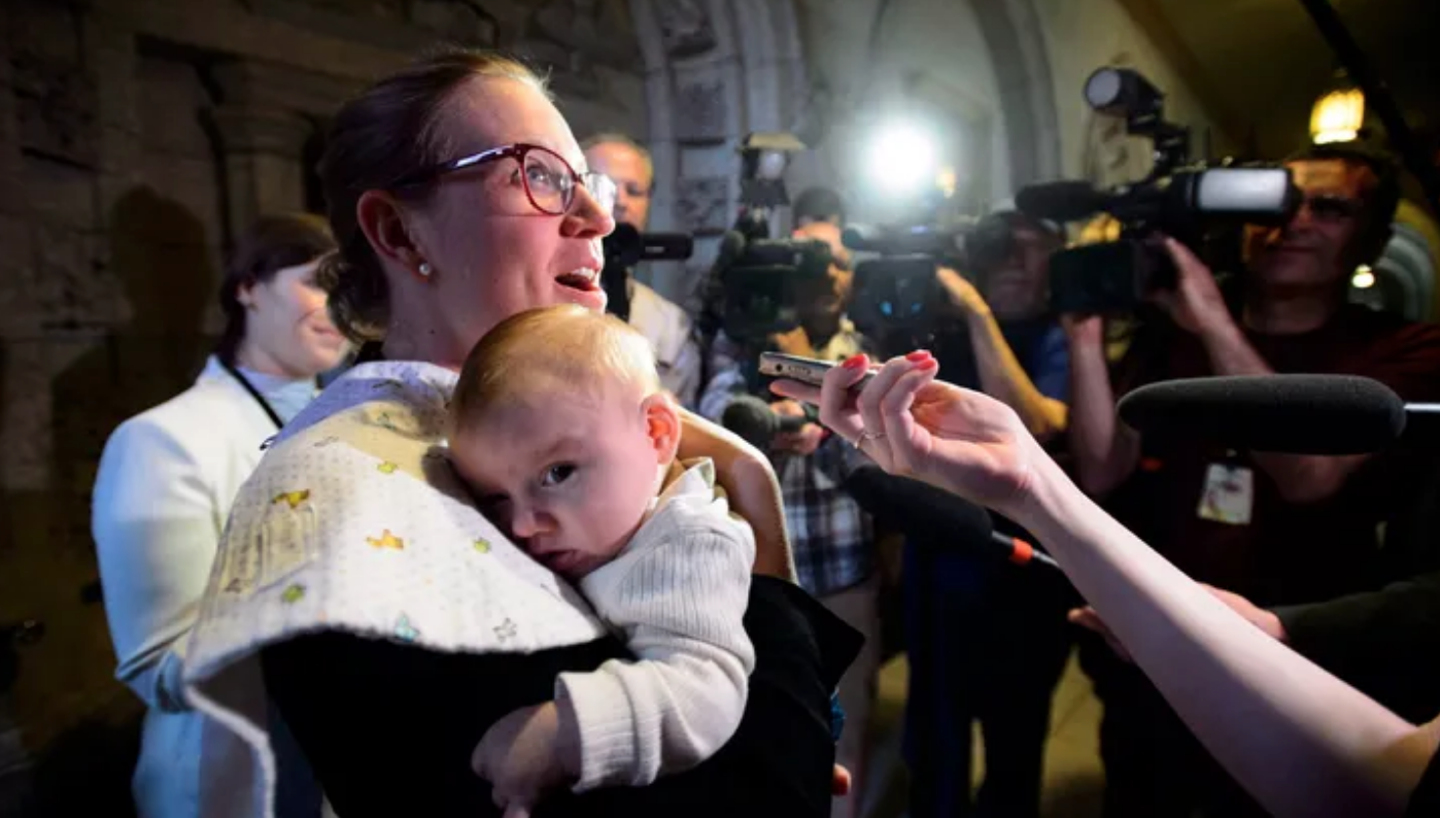We need to meet this dark moment with more diversity, not less
by Shari Graydon
On one important political measure, Canada has more in common with Zimbabwe, Equatorial Guinea and Mali than Norway, Denmark and Iceland.
Along with the first three countries you may know very little about, we are hovering around 30% when it comes to the representation of women in federal politics.
This matters for so many reasons. But let me start with Informed Opinions’ context:
We veered out of our very focused “women in media” lane a few years ago when we discovered that 60% of the people most often quoted in Canadian news are elected officials.
We realized that despite our demonstrated success at amplifying women’s voices in the media – by motivating engagement, teaching thought leadership skills, and making women and gender-diverse sources easier for journalists to find – we would never be able to bridge the gender gap in public conversations unless we achieved parity in politics first.
In 2020, when we first began investing in research and advocacy to engage others in paying attention to this issue, Canada ranked 59th in the world for equality of representation.
In just four years, we’ve dropped 10 spots, and now we’re 69th!
That’s because other countries are pulling ahead of us. I’m going to have to rewrite the spoken word poem I’ve been delivering that exclaims…
“Five dozen other nations are nearer to achieving a balance of power
and our failure to follow gets harder to swallow,
the paths to reaching parity no longer a rarity:
Norway, Sweden, Costa Rica, New Zealand
and deeply macho, holy Catholic Mexico, where women make up half of those elected
while we remain inert and ineffective at less than a third.
We are not being heard!”
Meanwhile, the outcome of the American election has emboldened those who are ignorant of the demonstrated benefits of diversity, equity and inclusion… who want to further restrict women’s access to reproductive health care…and who are championing online influencers accused of raping and trafficking women.
Canada is not immune to those cultural shifts. In fact, in 2024, more Canadians had a favourable view of the predatory president now in office than during the previous American election.
Yes, his repeated threats to our sovereignty have inspired an outpouring of nationalism north of the border. And many Canadian corporations have vocally reaffirmed their commitment to DEI values, explicitly pointing to the social and economic benefits that related policies deliver.
But we cannot afford to be complacent. In a North America where overt misogyny and a “might makes right” ethos are ascendent, we need to robustly, actively, vocally champion women’s voices more than ever.
Because our border is even more porous than most, and we cannot afford the hard-fought equality gains we’ve achieved in the past seven decades to be rolled back.
We desperately need the lived experiences of women in all our diversity to be loud, proud and influential. We need to ensure that they are reflected in the decisions we make and the policies we enact in Canada.
That’s why our current campaign is focused on recruiting more women from across fields, sectors and geographies into our expert database. More than 1,400 journalists use it to find sources for their reporting on everything from trade wars to health care, technology to climate change.
If you know women or gender-diverse people who have deep expertise and the ability to share it in ways that will enhance public understanding of critical issues, please encourage them to become part of this important resource.
And if you believe in the value of our mission, please support us in achieving it!
